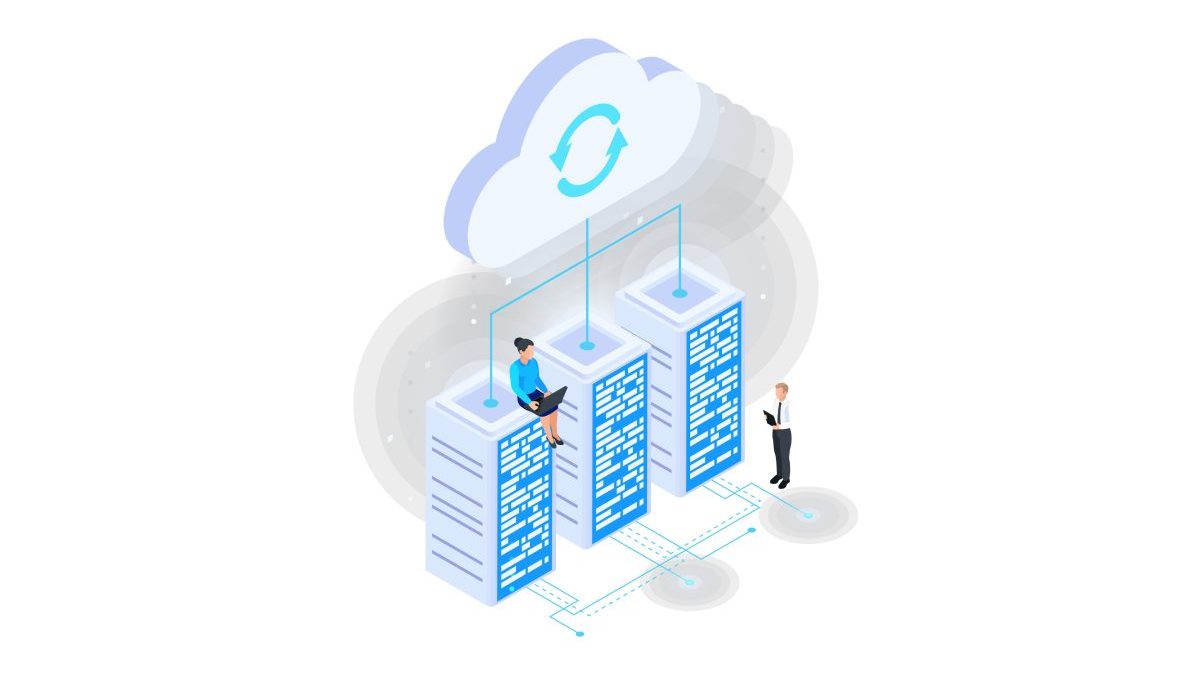Key Criteria for Selecting Virtual Private Server Solutions
The forex market’s technological evolution continues to accelerate, with recent data indicating that automated trading now accounts for over 75% of daily trading volume. This shift toward algorithmic trading has made infrastructure selection increasingly critical for traders seeking consistent performance in volatile market conditions.
Professional traders recognize that selecting the best forex vps provider represents a crucial decision that directly impacts trading outcomes. The choice extends beyond basic hosting considerations, encompassing factors such as geographic location, network quality, and technical support capabilities that collectively determine trading system reliability and execution speed.
Table of Contents
Understanding Modern Trading Infrastructure Requirements
The requirements for trading infrastructure have evolved significantly over the past decade. Traditional hosting solutions, designed for general computing applications, often fall short of meeting the specialized demands of modern trading operations. Factors such as network latency, system stability, and resource allocation have become increasingly critical as trading strategies grow more sophisticated. Industry analysis suggests that even milliseconds of delay can significantly impact trading profitability, particularly in high-frequency or news-based trading scenarios.
Technical Specifications and Performance Metrics
Professional trading infrastructure evaluation requires careful consideration of multiple technical parameters. Server specifications, including CPU allocation, memory resources, and storage configuration, must align with specific trading requirements. Network quality metrics, such as latency and packet loss rates, directly influence trade execution reliability. Geographic positioning relative to major trading hubs and broker servers plays a crucial role in minimizing execution delays.
Real-World Implementation Considerations
Consider an institutional trading operation managing multiple strategies across different time zones and market sessions. Such operations require infrastructure capable of handling concurrent trading platforms, real-time data feeds, and automated trading systems. During high-impact news events or periods of extreme market volatility, robust infrastructure proves essential for maintaining operational continuity and execution reliability.
Optimization Strategies and Best Practices
Successful trading infrastructure implementation requires ongoing optimization and monitoring. Regular performance assessments help identify potential bottlenecks before they impact trading operations. Backup systems and redundancy measures ensure continuous operation during technical difficulties. Professional solutions typically include comprehensive monitoring tools and technical support services to address issues promptly.
Future Trends in Trading Infrastructure
The trading infrastructure landscape continues to evolve with technological advancement. Cloud computing innovations enable more sophisticated hosting solutions, while artificial intelligence begins to play a role in system optimization and maintenance. Edge computing developments promise further reductions in latency, while improved networking protocols may enhance execution reliability and speed.
The relationship between trading infrastructure and trading success becomes increasingly evident as markets grow more sophisticated. Proper infrastructure selection represents a fundamental decision that can significantly impact trading outcomes. As trading technology continues to advance, the importance of selecting and maintaining appropriate hosting solutions will remain crucial for traders seeking consistent performance in global markets.

